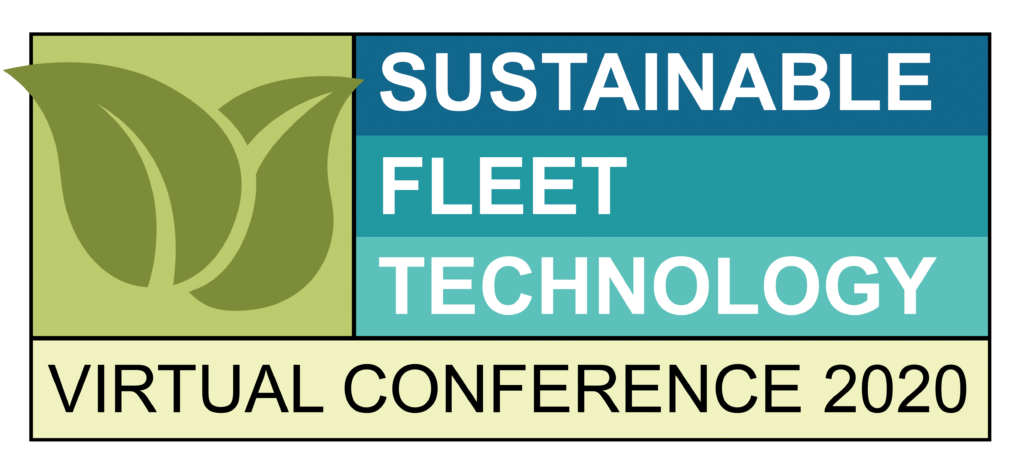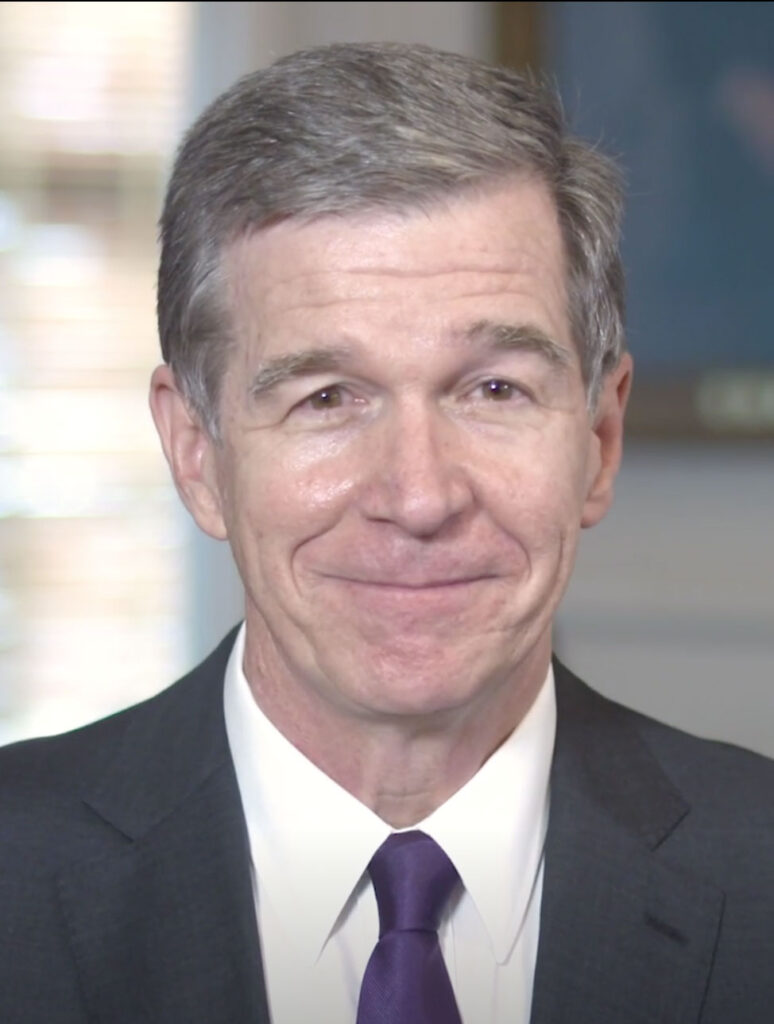The North Carolina Clean Energy Technology Center (NCCETC) welcomed more than 150 attendees to two Clean Transportation Demonstration Days, held on March 18 and 19, 2024 in Raleigh and Winston-Salem, NC. These events, offered free of charge, provided invaluable platforms for government entities to explore clean transportation technologies and alternative fuel vehicles.
The vision behind these Demonstration Days stemmed from NCCETC’s commitment to fostering the adoption of alternative fuels and advanced transportation technologies. “Demonstration Days are an important part of our outreach and education efforts because they equip government entities across North Carolina with the knowledge and hands-on experience necessary to embrace clean transportation solutions,” said Heather Brutz, Director of NCCETC’s Clean Transportation program.
Comprising a blend of informative classroom instruction, interactive exhibits and thrilling test drive opportunities, the agenda was crafted to provide a descriptive overview of clean transportation technologies.
The highlight of the events was undoubtedly the hands-on exploration of an impressive array of vehicles and alternative fuel technologies on display. From sleek electric vehicles (EVs) to robust buses, utility vehicles and charging equipment, participants were immersed in a showcase of cutting-edge innovation.
Notably, certain electric and alternative fuel vehicles were available for test drives, allowing attendees to experience the dynamic capabilities of clean transportation firsthand. A few brave individuals even tested out a truck equipped with Viatec’s SmartPTO bucket lift solution which powers an aerial lift with electric power, sparing harmful emissions from an idling engine.
These events underscored North Carolina’s pivotal role in spearheading a monumental shift toward cleaner energy technologies. Bolstered by initiatives such as Executive Orders 80 and 246, which prioritize carbon emissions reduction and aim for net-zero greenhouse gas emissions by 2050, the state is embracing a sustainable trajectory toward the future.
Among the noteworthy exhibits were Model 1 Commercial Vehicles, the GreenPower Motor Company EVStar Passenger Van, Ryvid Anthem Electric Police Motorcycles, Ford F-150 Lightning, Freightliner Trucks’s eCascadia from the City of Charlotte, Electric Motorcycles from the City of Raleigh, a Ford F-150 with a bi-fuel propane autogas system from Alliance AutoGas, a Chevy Silverado demo vehicle with Stealth Power’s idle mitigation system and a Tesla Model PD.
Heavy-duty vehicles on display included Battle Motors LNT eV Curbtender Rear Loader, Bluebird Electric School Bus, Bluebird Propane School Bus, Compressed Natural Gas (CNG) Waste Collection Vehicle from GFL Environmental, GoRaleigh’s CNG Transit Bus, and a battery auxiliary power unit fire truck from the City of Durham.
Additionally, attendees had the opportunity to explore innovative equipment such as Blink Charging’s EV Charging Station and Atom Power’s EV charging solution, further emphasizing the breadth of clean energy solutions available.
As the curtain closed on these successful Clean Transportation Demonstration Days, the NCCETC remains committed to driving forward the transition to a cleaner, more sustainable future. By empowering government entities and stakeholders with the tools and knowledge needed to embrace clean transportation technologies, North Carolina continues to lead the charge toward a greener tomorrow.
Explore more pictures from the 2024 Clean Transportation Demonstration Days by visiting this Google Photos album.

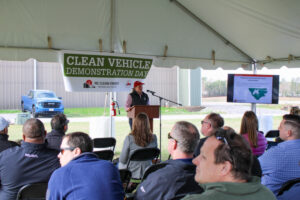


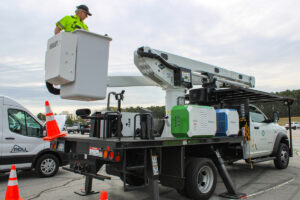


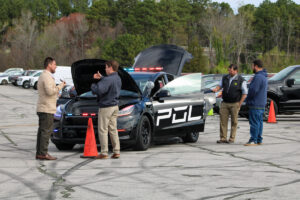



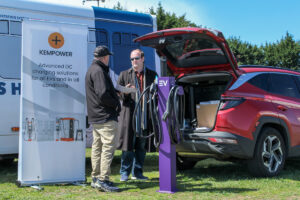


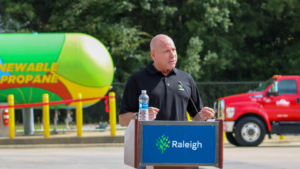
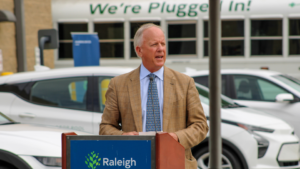
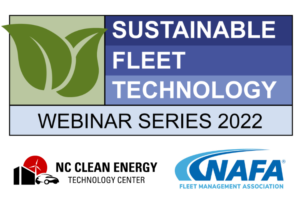
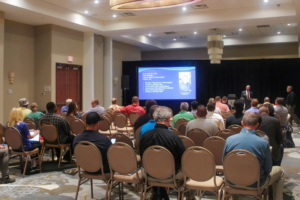
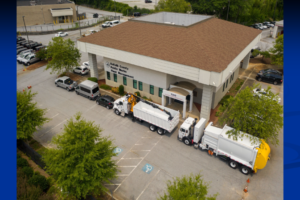
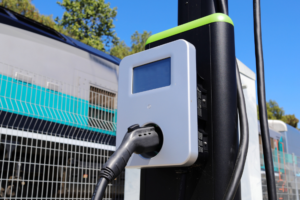
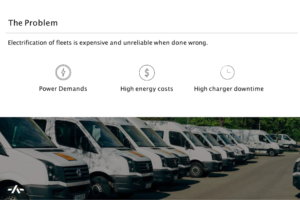
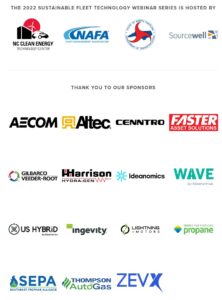
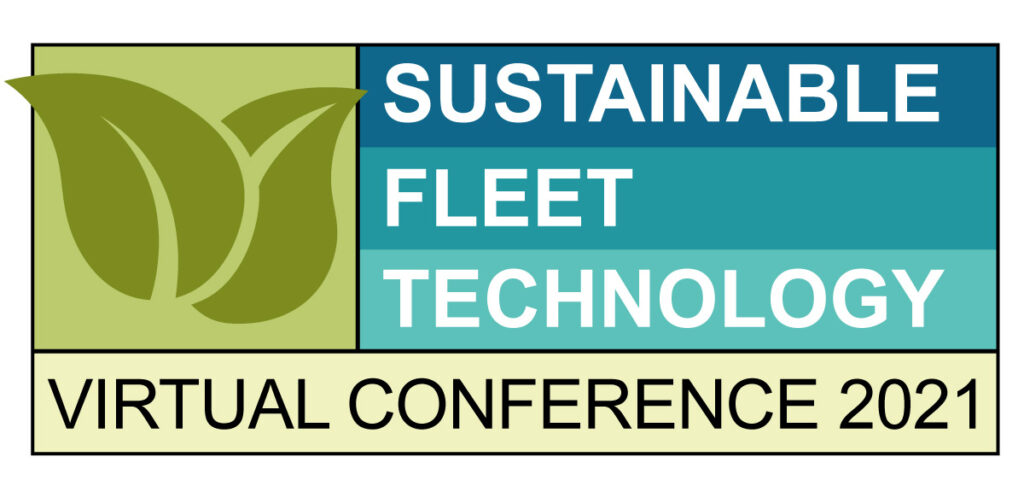
 Currently, both public and private fleets in the United States are gearing up for an electric vehicle revolution as the transition towards vehicle electrification expands. Transitioning entire fleets away from conventional fuel vehicles, however, is a much more complex process than individuals deciding to go electric.
Currently, both public and private fleets in the United States are gearing up for an electric vehicle revolution as the transition towards vehicle electrification expands. Transitioning entire fleets away from conventional fuel vehicles, however, is a much more complex process than individuals deciding to go electric. Alternative fuels such as hydrogen and natural gas have proven to be viable ways for fleets to reduce emissions and help conserve fuel. Not only are alternative fuels featured in a session on fleet decarbonization, but attendees can also learn from success stories about propane autogas and natural gas applications in addition to a session focused on hydrogen as a transportation solution.
Alternative fuels such as hydrogen and natural gas have proven to be viable ways for fleets to reduce emissions and help conserve fuel. Not only are alternative fuels featured in a session on fleet decarbonization, but attendees can also learn from success stories about propane autogas and natural gas applications in addition to a session focused on hydrogen as a transportation solution.